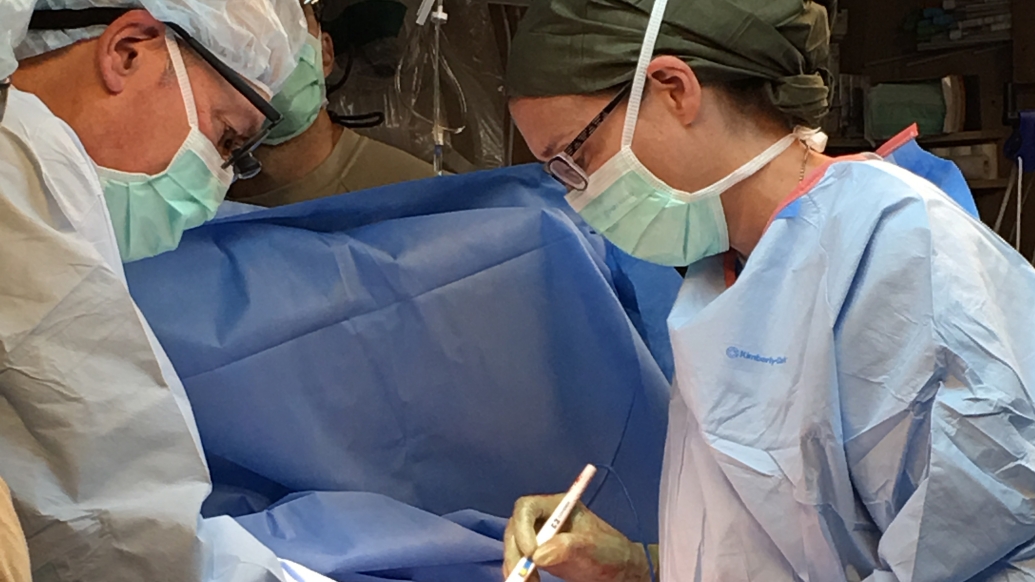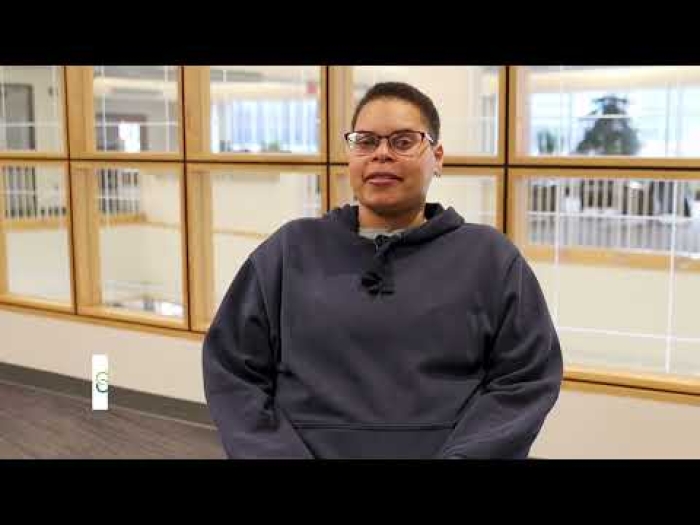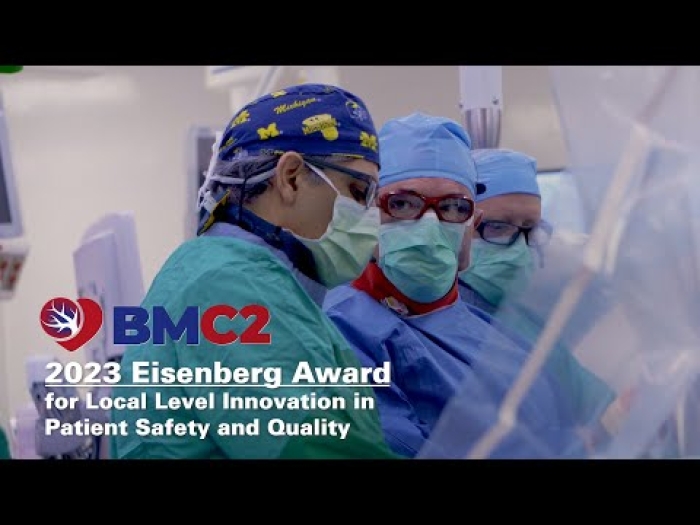A vascular surgeon at the University of Michigan Frankel Cardiovascular Center recently returned from a 90-day tour in Iraq as part of the U.S. Army Reserve.
7:00 AM
Author |

Dawn Coleman, M.D., feels blessed to be a citizen of the United States and to have plentiful opportunities.
SEE ALSO: 'Superhero' Brothers Bonded by Rare XMEN Disease
As a member of the U.S. Army Reserve, she offers such gratitude not only in spirit but also with her extensive medical training.
A vascular surgeon at the University of Michigan Frankel Cardiovascular Center, Coleman knows that her fellow service members join the military for different reasons, but all share a commitment to patriotism and to the greater good.
"My role in giving back to my country is very small in comparison to what I've gained and what others have given," says Coleman, who joined the military in 2003, prompted by a sense of duty and a strong family history of service.
My training at U-M prepared me for the complex injuries we have to manage on the battlefield.Dawn Coleman, M.D.
On the front line
Coleman, 37, recently returned from a 90-day rotation in Iraq, where she was assigned to a forward operating base with her home unit, the 948th Forward Surgical Team. The team's mission was to provide medical assistance to local national, coalition and U.S. troops.
"Our unit did a tremendous amount of good," she says proudly of her first deployment.
As part of a forward surgical unit, Coleman was based near the combat zone in order to be immediately available to triage and resuscitate casualties. The team is equipped to perform damage-control surgery to salvage life, limbs and eyesight and to stabilize patients for transport to a higher level of hospital care.
"Each day brought different challenges," she says.
Using lifesaving skills
Serving as a military surgeon in Iraq shares some similarities to Coleman's typical work in Ann Arbor.
SEE ALSO: U-M Surgeon Gives New Meaning to 'Running to Work'
Other elements — namely, the circumstances and causes of injury — are much different.
"My training at U-M prepared me for the complex injuries we have to manage on the battlefield," she says. "However, unlike most of the civilian trauma that I experience here, the majority of contemporary combat injury patterns result from blast injuries associated with IEDs [improvised explosive devices]."
Essential to preserving the fighting force, Coleman and her unit focused on collaborative education across medical teams, sharing and learning different aspects of combat-related care.
Surgeons in uniform are in high demand in the military, says Coleman, which makes her commitment and skill set all the more vital.
"As a vascular surgeon, I have the training to help wounded soldiers in a unique way," she says.
Coleman is overwhelmed by the support she has received from family and friends as well as from U-M at an institutional and departmental level. "I had a tremendous amount of support from my leadership in the Department of Surgery and from my partners, whose workload dramatically increased while I was away. I couldn't be more grateful for this," she says.
For now, Coleman is glad to be back at home with her husband and 4-year-old son. She continues to train monthly with her home Forward Surgical Team to maintain unit readiness for the next deployment. "I'm ready to go whenever I'm called again for service."

Explore a variety of healthcare news & stories by visiting the Health Lab home page for more articles.

Department of Communication at Michigan Medicine
Want top health & research news weekly? Sign up for Health Lab’s newsletters today!





